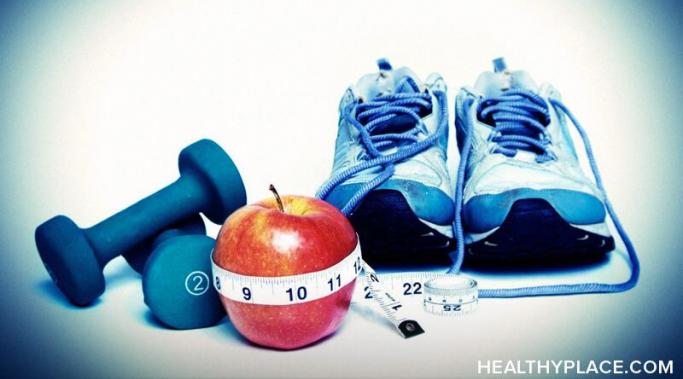In my experience, people in the early stages of eating disorder recovery often rush their progress. Unfortunately, this rush adds pressure to an already stressful situation, which can cause people to experience more setbacks than necessary.
Surviving ED
I had no intention of being someone who unrolls a mat in a candlelit room and chants, "Namaste," with my palms entwined at heart's center, but this is me nonetheless—yoga is now part of my eating disorder recovery, and I am thankful for the conduit of healing it's become. I have a long, complicated—and, at times, unhealthy—relationship with exercise. I am also an intense, feisty, and energetic person by nature which means that my workouts often match this intensity, but one exercise that I never imagined I would feel such a profound, almost sacred connection to is yoga.
Traveling in recovery from an eating disorder poses some challenges. How big those challenges are will depend on where you are in your recovery. I've recently returned from a week-long vacation to Cuba with my family, and even a decade into recovery, I faced my fair share of hurdles.
I'm a huge supporter of ending the stigma surrounding all mental illnesses, which is why I support talking to your kids about eating disorder recovery. This said, as a mother of four children under nine years of age and someone who has been in recovery for a while now, there are two things I think everyone should consider before talking to their children.
There is a vicious, rampant correlation between eating disorders and bullying—the epidemic is real, and children of all ages can be vulnerable to the mental and physical ramifications. In the United States alone, 65 percent of those with eating disorders have reported that incidents of bullying caused their behaviors to manifest, and 40 percent of children or adolescents are mocked by their peers for weight-related issues.1 This data, compiled by the National Eating Disorders Association (NEDA), also notes that when bullying occurs, a victimized person will often experience bouts of insecurity, poor self-esteem, body image distortion, and an urge to numb the painful emotions. So in order to protect children from these adverse effects, it's crucial to understand the epidemic scale of eating disorders and bullying.
Mantras for eating disorder recovery work for me. For example, I don't meditate. I have trouble sitting still for more than a few seconds. Even when I do yoga, it's the sweat until you vomit sort, not the calm, restorative kind. All this is to say the idea of mantras do not come easily to me, but using mantras for eating disorder recovery has been a powerful and subtle tool that helps me overcome negative thinking.
This is a vulnerable admission for me to write, but my 15-year battle with an eating disorder has made an impact on my sexual desire. There—I confessed it openly. I pushed back against the shame, embarrassment, and insecurity that too often silences me on this particular issue.
For those of us who have or have had eating disorders, the feeling of a full stomach can be an extremely disconcerting sensation. Sitting after a meal while feeling full can cause anxiety and guilt. I've been in recovery for nearly a decade and I still sometimes struggle with feeling full, but learning how to be okay with being full was an important step in my eating disorder (ED) recovery.
Competitive sports can create poor body image problems which can lead to eating disorders. There are reasons why this happens to both men and women, and there are ways to lessen poor body image and eating disorders in competitive sports.
I don't believe in eating disorder triggers. Sounds pretty bold, right? We live in a world awash with eating disorder (ED) trigger warnings and those of us who are in ED recovery are constantly warned to avoid our triggers lest we slip back into old habits, and I straight-up say I don't believe in them.









